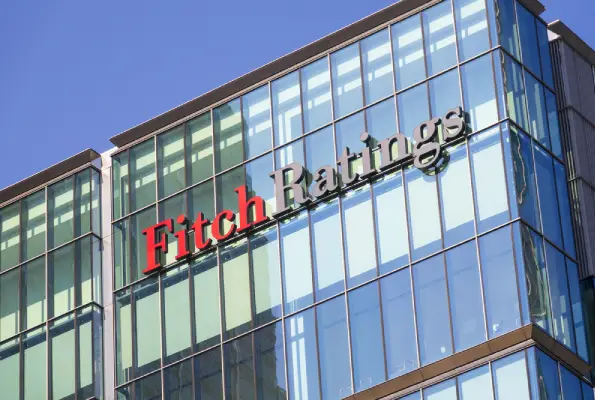According to a recent analysis from Fitch Ratings, Gulf region banks with Turkish subsidiaries would record larger net financial losses of approximately USD 2.8 billion in 2024 before dropping to roughly USD 1.4 billion in 2025 as disinflation sets in.
“GCC banks will likely stop using hyperinflation reporting from 2027 if disinflation is at least in line with our predictions and persists after 2025,” the rating agency stated.
With an average annual inflation rate of 53%, the Turkish subsidiaries of GCC banks reported net financial losses of USD 2.6 billion in 2023 and USD 1.9 billion in 2022. The result was a 50 basis point (bps) average depreciation of the banks’ operational profit/risk-weighted asset ratios.
As a result of net financial losses, the ratios of the UAE’s Emirates NBD and Qatar National Bank were among the most hit, falling by 60 to 70 basis points.
But Turkey’s macroeconomic adjustment and transition to more traditional and consistent economic policies should help the Gulf banks exposed to Turkey. Fitch predicts that inflation in Turkey will likely average 29% in 2025 and 58% in 2024.
Following three years in which Ankara’s cumulative inflation topped 100%, Gulf banks with Turkish operations began to report on hyperinflation in H1 2022 using the IAS 29 accounting standard.
Banks must restate non-monetary assets and liabilities by IAS 29 to account for the effects of hyperinflation, which will result in net monetary losses in their income statements.
As the Turkish lira fell 36% against the US dollar in 2023, currency translation losses from Turkish subsidiaries reduced the required capital ratios of GCC banks by an average of 80 basis points.
The research stated, “As we estimate the lira to fall less against the US dollar by 22% in 2024 and 7% in 2025, we predict less currency translation losses and less capital depreciation in 2024 and 2025.”
Despite recent Turkish bank upgrades, Fitch still sees GCC banks’ exposure to Turkey as “credit-negative,” but the rating agency said that “risks are reducing.”



